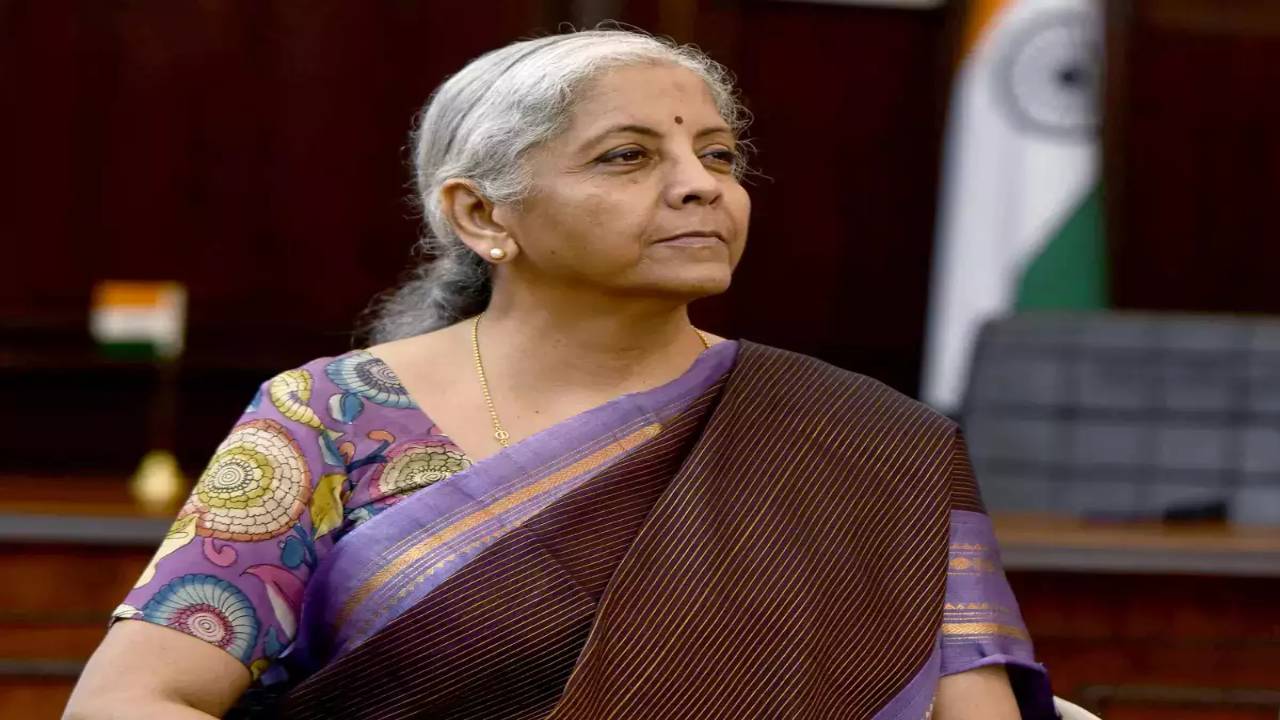Nirmala Sitharaman, the finance minister, is anticipated to present a roadmap outlining India’s transition to becoming “Viksit Bharat” by 2047.
Tomorrow is Prime Minister Narendra Modi’s day to unveil the maiden budget of the third straight NDA government, headed by Union Finance Minister Nirmala Sitharaman. The first significant economic document of the Modi 3.0 government would be the Union Budget 2024, which will likely lay the groundwork for the country’s transformation into “Viksit Bharat” by 2047, among other things.
Sitharaman presented the pre-Budget Economic Survey to the Lok Sabha on Monday, presenting a cautious growth estimate of 6.5 to 7 percent for the current fiscal year. In order to increase exports, it emphasised the need for the economy to generate more jobs and made a case for greater Chinese direct investment. The poll stated that although the unfavourable trade conditions of the previous year, which led to a 5% fall in India’s merchandise exports in FY24, are anticipated to abate this year and the year after, the extent of trade recovery may be constrained by geopolitical tensions and policy uncertainty.
In the meantime, a number of experts have pushed the government to lower taxes for the general public in an effort to increase spending and control inflation. Other than implementing the standard deduction feature and making the new tax regime the default, there have been no notable changes made to taxes laws in the last two budgets.
Economic Survey notes that AI has a “deleterious impact” on occupations and creates a “pall of uncertainty” for Indian workers in all skill levels.
According to the Economic Survey 2023–24, workers in India’s skill sectors could face a “huge pall of uncertainty” due to artificial intelligence (AI), with those employed in more backend roles like business processing outsourcing (BPO) being especially vulnerable. The influence of AI on the climate was also questioned in the survey, since AI requires a lot of energy to run data centres continuously.
The Economic Survey paints a murky picture of how some jobs in India could decline significantly in the next ten years, even though there is a veneer of pragmatism regarding the nation’s general propensity to embrace new technology and how the country’s start-up ecosystem could harness AI. This is perhaps the first time a government document has formally acknowledged the impact AI could have on jobs in India.
Potential for overconfidence to result in unrealistic expectations of higher stock market returns is a major worry: Financial Analysis
The Economic Survey 2023–24 issued a warning against the risk of overconfidence fueling speculation and unrealistic expectations for even higher stock market returns. The poll has highlighted that this is a “serious concern” since it may not reflect the actual market conditions and that the large increase in retail investors in the market necessitates cautious examination.
The report also cautioned, citing the high market capitalization to GDP ratio of 124%, that if equities market claims on the real economy are unduly high, it is a sign of market instability rather than market resilience.
Read More
Lowest level of retail inflation since the epidemic in FY24, at 5.4 percent: Economic Survey 2023–24
Abhinav Bindra receives the Olympic Order, becoming the first recipient from India


